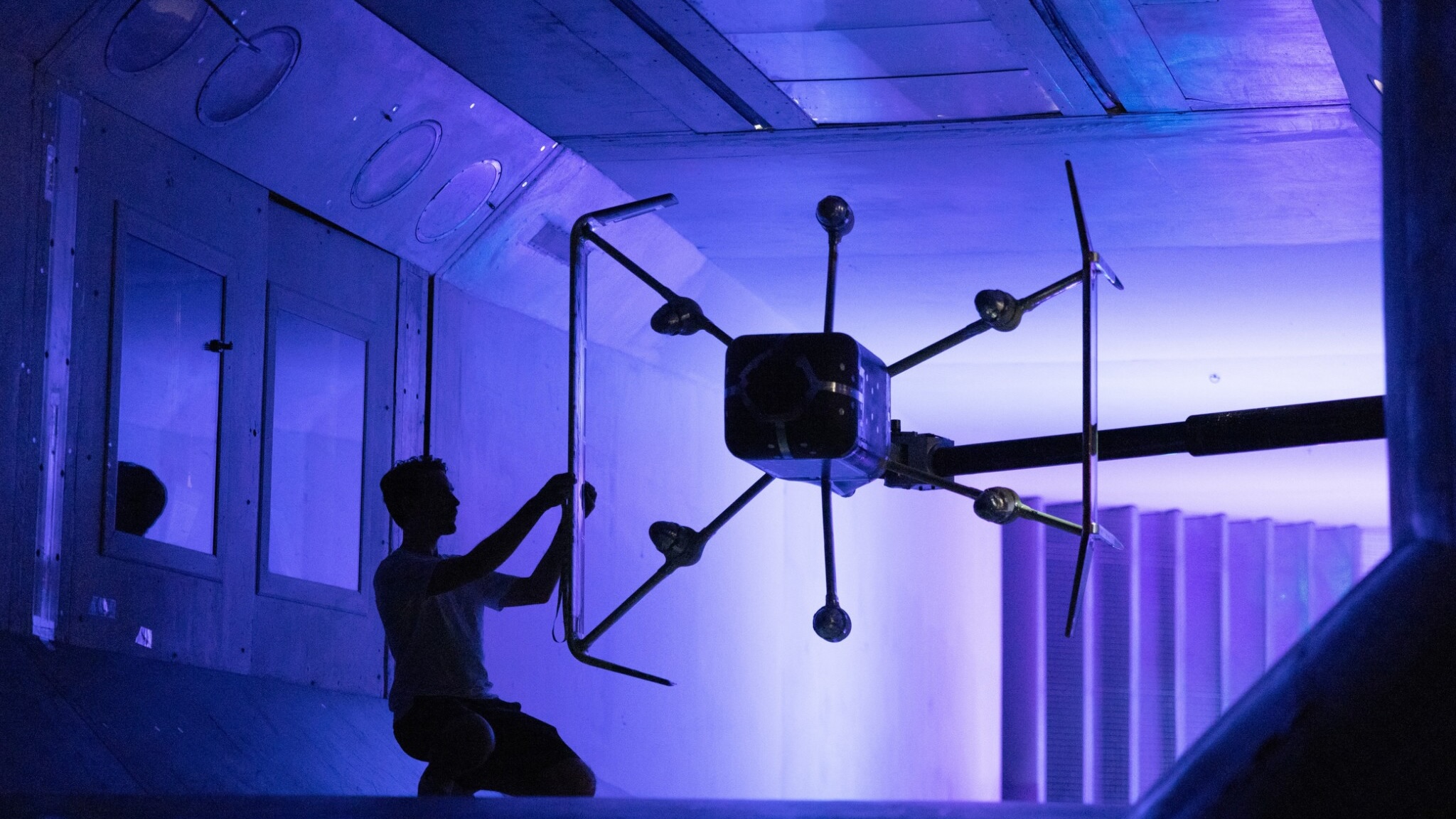

If you've been waiting excitedly for the arrival of Amazon drone deliveries, you might need to curb your enthusiasm a little bit. A hugely entertaining New York Times feature has checked in on Amazon's decade-long drone delivery programme in Texas, and it's "so underwhelming that Amazon can keep the drones in the air only by giving stuff away".
Like fully autonomous self-driving, AI or the metaverse, it looks like drone deliveries continue to overpromise and underdeliver: "if this is science fiction, it's being played for laughs", the article says. If you want a tin of soup dropped from a great height into your back yard, delivery drones are great. But for actual sensible stuff, they're still far from ready.
I can't recommend the article enough: it's paywalled but you can sign up to read it for free. And it poses a simple but important question: why do we want these things anyway? With Amazon promising to roll out drone deliveries in the UK, Italy and another currently unidentified US city in 2024, it's a question you'd think someone would have an answer to by now.
What's wrong with drone deliveries?
Don't get me wrong. The best drones are brilliant things. But they are not brilliant alternatives to electric vans or e-bikes.
Unlike Ian the DPD driver or the guys who deliver my Prime packages, a drone can't deliver more than one thing on its delivery run and it certainly can't deliver my 15kg bags of dog food or my monthly kilos of coffee beans.
It can't deliver anything that's fragile, because the delivery drone drops it from a height of three metres, and it can't deliver anything that's valuable, because someone might see the drone drop and sneak in to steal your stuff.
And the drones don't work if it's too hot or too cold or too windy or too rainy.
Sign up to the T3 newsletter for smarter living straight to your inbox
Get all the latest news, reviews, deals and buying guides on gorgeous tech, home and active products from the T3 experts
Other than that, they're brilliant.
One of the points the NYT article makes very well is that drones aren't really a delivery technology. They're a marketing one. The number of column inches written about Amazon's drone-delivering future far exceeds the number of things delivered by those drones. But if you see an Amazon drone, then of course you think of Amazon. It's a flying ad.
Something it doesn't touch on is just as important. The reality of drone deliveries is that, like AI, behind the shiny sci-fi stuff is a much more mundane reality where the work is not done by digital devices but by low-paid people.
Take Uber Eats, for example: it announced drone deliveries four years ago and like Domino's, is also testing self-driving cars as delivery vehicles. And I'm willing to bet that for years to come, if not forever, your cheeky Nandos and movie night pizzas will continue to be delivered by humans. It'll be a very long time before any drone can deliver as much to as many stops as an underpaid and overworked guy on an e-bike can.
The simple and rather saddening fact is this: humans are cheaper.
Writer, musician and broadcaster Carrie Marshall has been covering technology since 1998 and is particularly interested in how tech can help us live our best lives. Her CV is a who’s who of magazines, newspapers, websites and radio programmes ranging from T3, Techradar and MacFormat to the BBC, Sunday Post and People’s Friend. Carrie has written more than a dozen books, ghost-wrote two more and co-wrote seven more books and a Radio 2 documentary series; her memoir, Carrie Kills A Man, was shortlisted for the British Book Awards. When she’s not scribbling, Carrie is the singer in Glaswegian rock band Unquiet Mind (unquietmindmusic).

